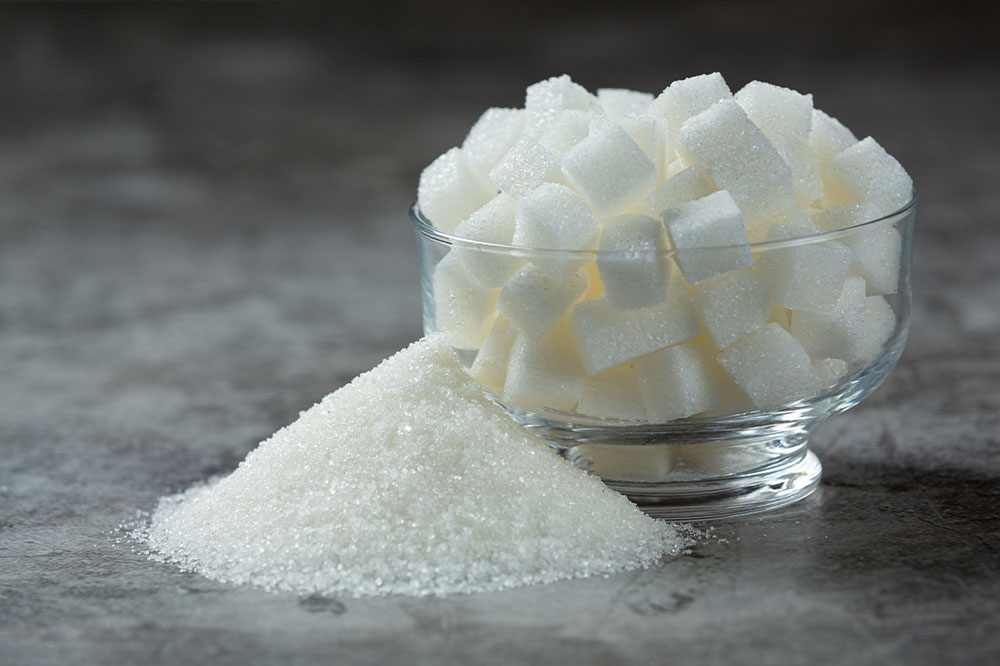
Multiple sclerosis – Foods to avoid to manage the condition
Multiple sclerosis (MS) is an illness that impacts the central nervous system. Therefore, at first glance, your food may not appear to play a significant role in initiating your symptoms or exacerbating the illness. However, consuming certain foods and eliminating others may bring some benefits. While there is no specific food-related advice for MS patients, consuming whole foods is advised. And if you are wondering what not to consume for sclerosis, read on.
How food helps manage multiple sclerosis
It is believed that the condition is caused by a combination of hereditary and environmental variables and that food can play a role. Also, the fact that MS is more common in developed countries than in developing ones indicates that nutrition may play a role.
As a result, nutritional recommendations for individuals with MS focus on symptom management to enhance the overall quality of life. However, before making any food changes, consult a physician or nutritionist.
These are the foods to avoid to protect your health.
Gluten
Gluten is present in grains like wheat and rye. Individuals with celiac disease, characterized by gluten sensitivity, should avoid gluten altogether to prevent intestinal damage. Still, many other individuals, including those suffering from MS, can benefit by eliminating gluten from their meals.
Sugar
Limit foods heavy in simple sugars because they lead to blood glucose imbalances. A substantial increase or decrease in blood glucose is linked with the consumption of processed sugar. And this can lead to more severe symptoms in those with multiple sclerosis. Those who have MS and consume sugar-sweetened drinks are up to 5 times more likely to suffer a severe disability than those who consume the least sugar-sweetened beverages.
Ultra-Processed foods
Ultra-processed items have various additives to extend their shelf life and change their color and flavor. Widely used compounds in processed foods can harm intestinal mucosa, weakening our natural immune response. And immune balance is critical for avoiding sclerosis and reducing or stopping its progression.
Moreover, regular consumption of foods containing industrial food additives can alter the tight junction porosity of the intestine, which can explain the increased prevalence of autoimmune illnesses, including multiple sclerosis.
While every food is processed in some way (such as cleaning, peeling, etc.), consume fresh, whole meals with all-natural nutrients as much as possible.
Refined grains
Refined grains are unsuitable for multiple sclerosis since they promote a surge in blood glucose. Increased blood glucose can harm myelin sheaths on the brain cells, resulting in neurological dysfunction. Because MS is a neurological disorder, it is critical to eliminate foods that may damage cells and aid the development of MS, like refined grains.
MSG
For years, the health implications of MSG have been a source of contention. While many studies indicate that its impact on healthy people is minor to non-existent, the immune response of people with MS likely reacts inappropriately to the chemicals that make up MSG.
MSG is an inflammatory neurotransmitter that can harm neurons. Because MS is a condition in which neurons are already destroyed, it is critical to avoid MSG.
MSG is typically found as a food additive in packed savory snacks and as an addition to some Chinese cuisine. Always read the labels on the items you buy and avoid restaurants that may use MSG in their components.
Full-fat dairy
As previously stated, meals high in saturated fat should be eliminated, particularly those derived from animal products. While milk may be helpful for sclerosis problems because of its vitamin D concentration, select skim milk to avoid the fat.
While no specific food is known to prevent or cure MS, avoiding a few of them can help. Also, note that there are numerous forms of multiple sclerosis. The underlying processes that cause its onset and development differ. As a result, the way foods and beverages react to different forms of MS may vary. So, consult your physician to devise meal plans that support your health and well-being despite sclerosis.


